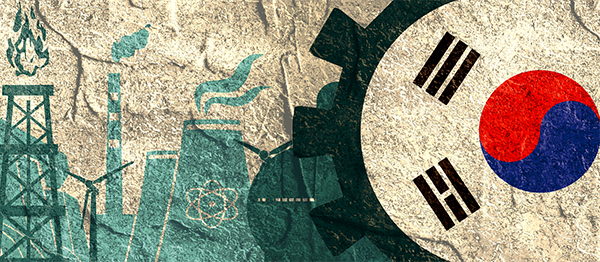|
Monday, Nov. 7 // 4–5:30 pm (ET)
If the law cannot protect a person from a lynching, then isn’t lynching the law? In By Hands Now Known, Margaret A. Burnham, director of Northeastern University’s Civil Rights and Restorative Justice Project, challenges our understanding of the Jim Crow era by exploring the relationship between formal law and background legal norms in a series of harrowing cases from 1920 to 1960.

Wednesday, Nov. 9 // 10–11:30 am (ET)
Join the Wilson Center's Mexico Institute and Canada Institute to mark the publication of North America 2.0, a compilation of perspectives on the future of the trilateral relationship. The event will consist of two panel discussions with the authors and contributors to the book, as well as comparing experts' perspectives on the opportunities for collaboration within North America, as well as the challenges faced by the three countries, ahead of the next North American Leaders' Summit.
Note: This event will be held in-person at the Wilson Center.

Thursday, Nov. 10 // 10:00 am–2:00 pm (ET)
Join our experts to learn about what Canada and the US are doing in the face supply chain shortage of critical minerals. This is the annual Experts' Meeting of the Canada - United States Law Institute co-sponsored by the Wilson Center’s Canada Institute. The focus of the 2022 meeting is Critical Minerals: Strategic Challenge and Positive Opportunity for Canada and the USA.
Note: This event will be held in-person at the Wilson Center.

Thursday, Nov. 10 // 10–11:00 am (ET)
This panel, co-hosted by the Wilson Center’s Middle East Program and Kennan Institute, will explore why Saudi Arabia’s foreign policy has shifted and what goals Riyadh hopes to achieve.

Thursday, Nov. 10 // 4–5:30 pm (ET)
Conventional accounts of US-Iran relations focus mainly on the geostrategic and ideological sources of tension and enmity between the two countries. Republics of Myth illuminates a much-neglected, yet no less potent, factor shaping US-Iran relations: national narratives. Through in-depth interviews, oral histories, and critical dialogues with Iranian and American policymakers, journalists, and academics, the authors provide new perspectives on the frameworks shaping decision-making, policy discussions, and missed opportunities in US-Iran relations since 1979.

|





